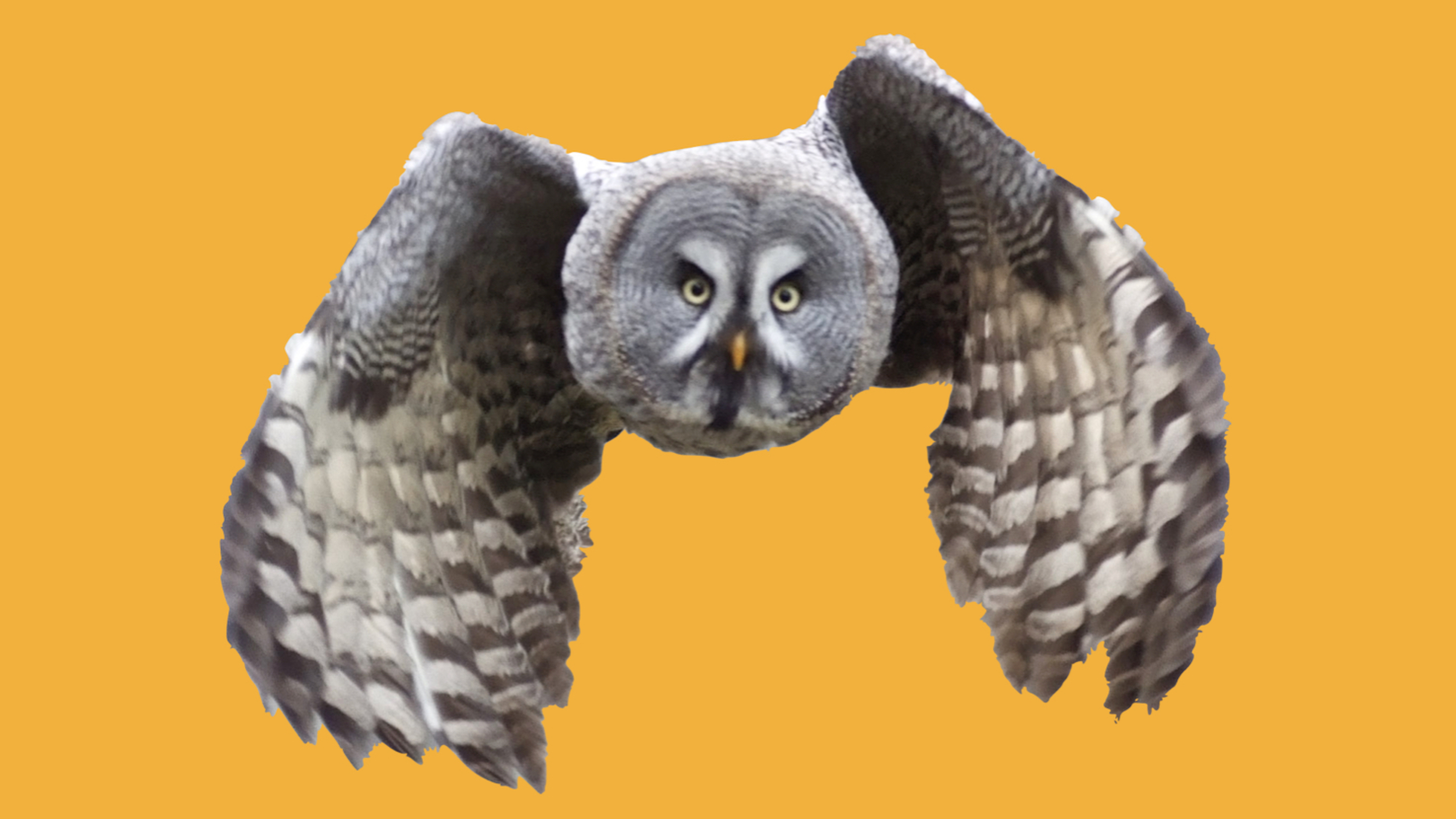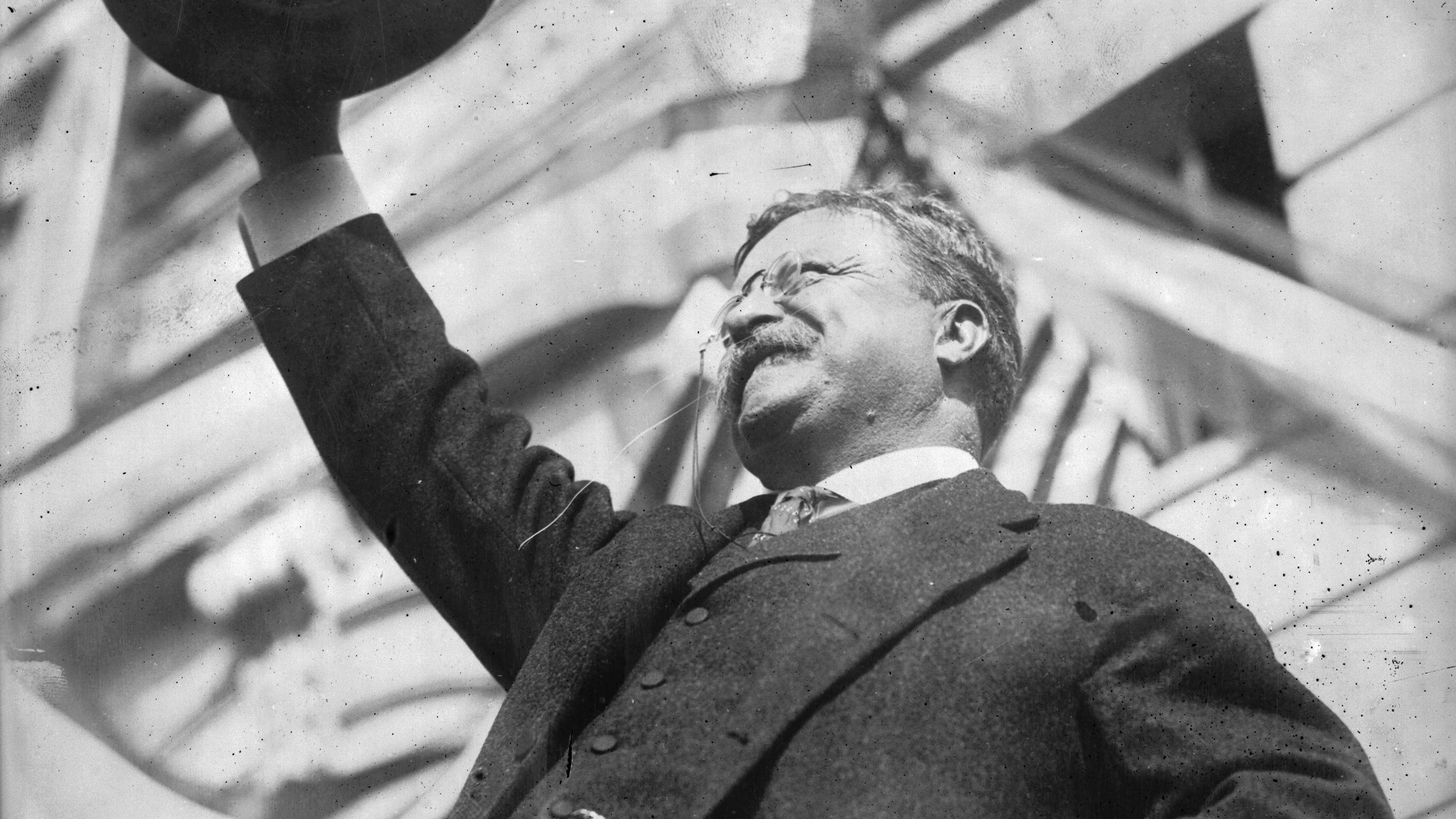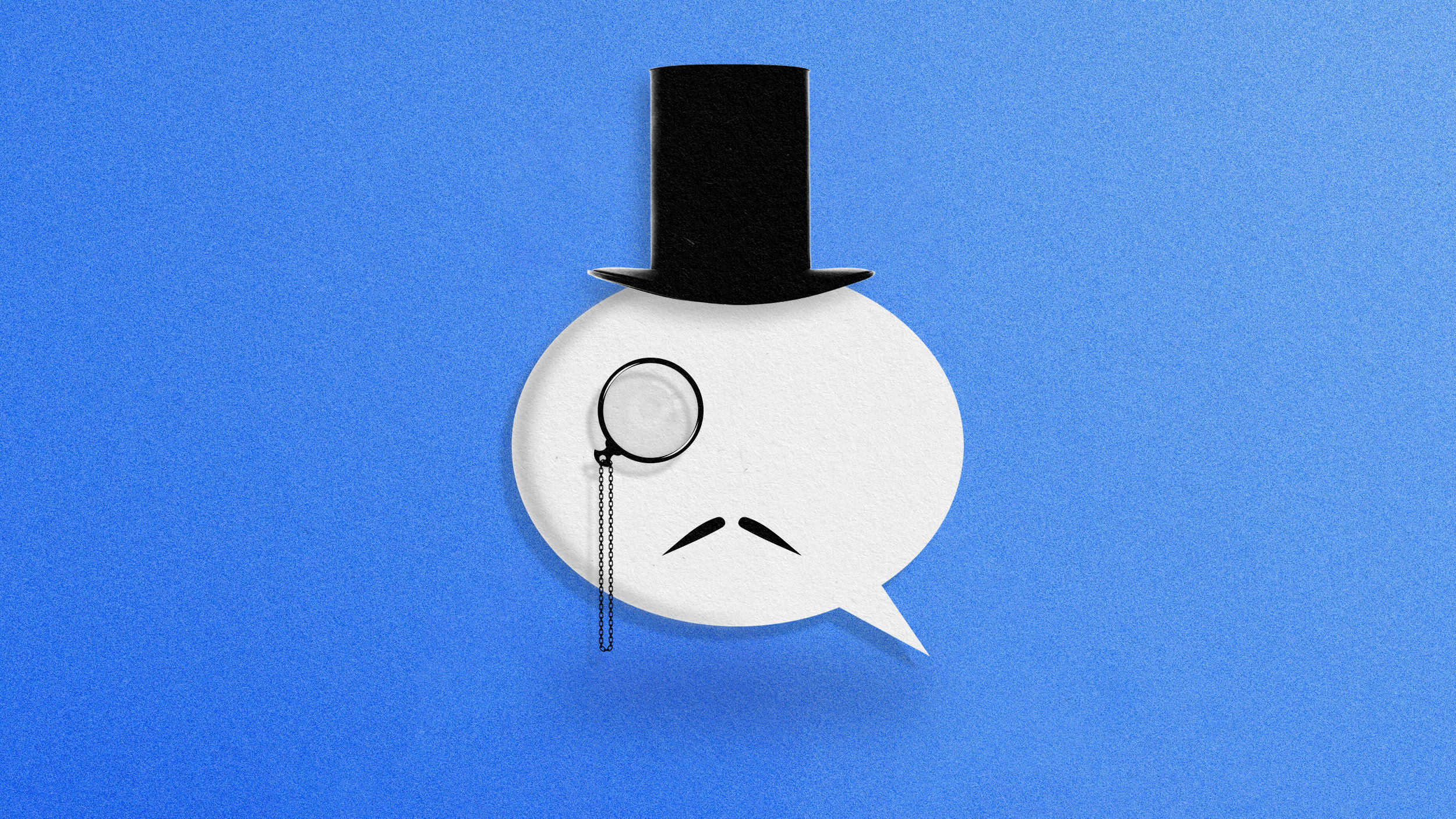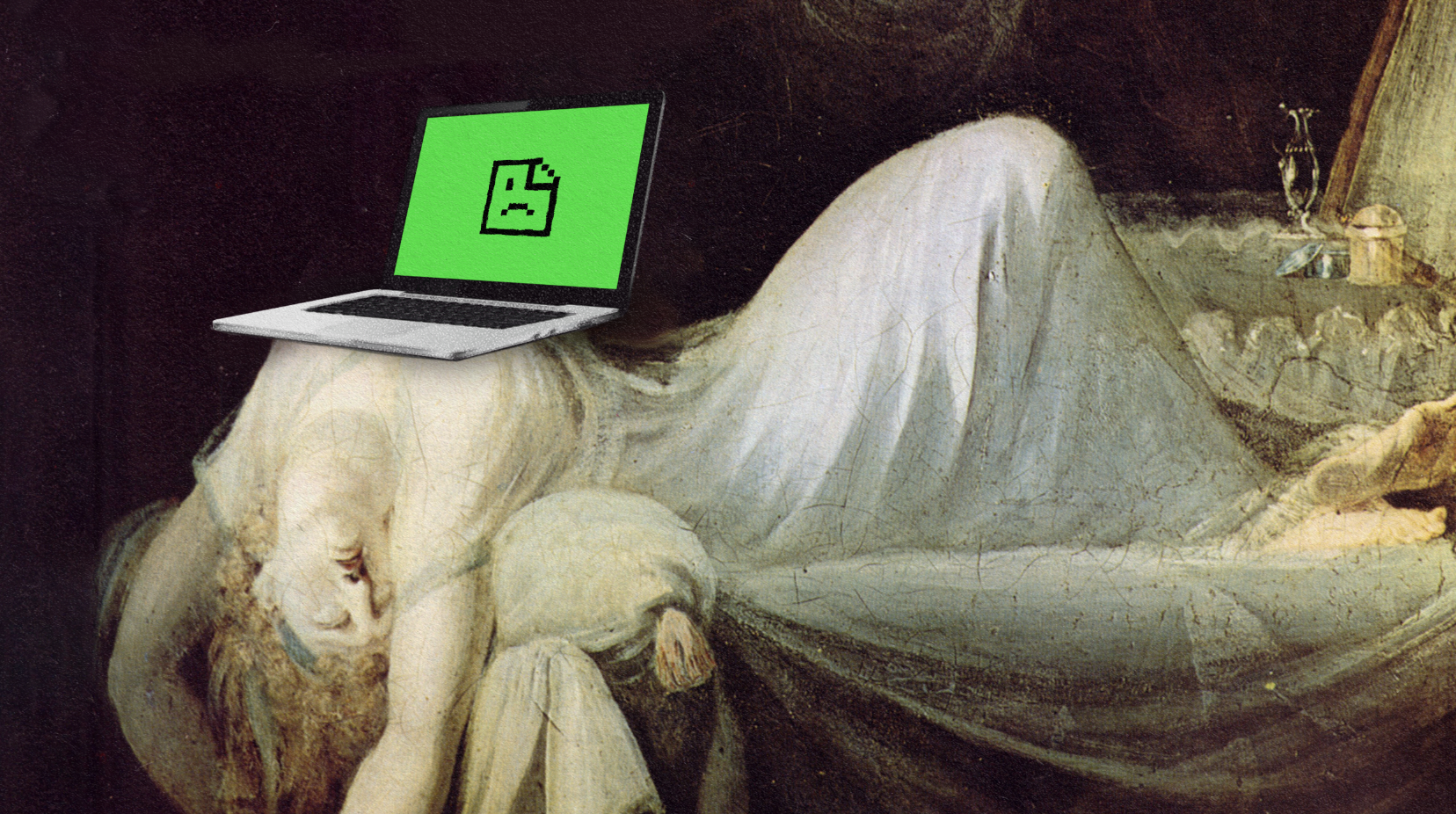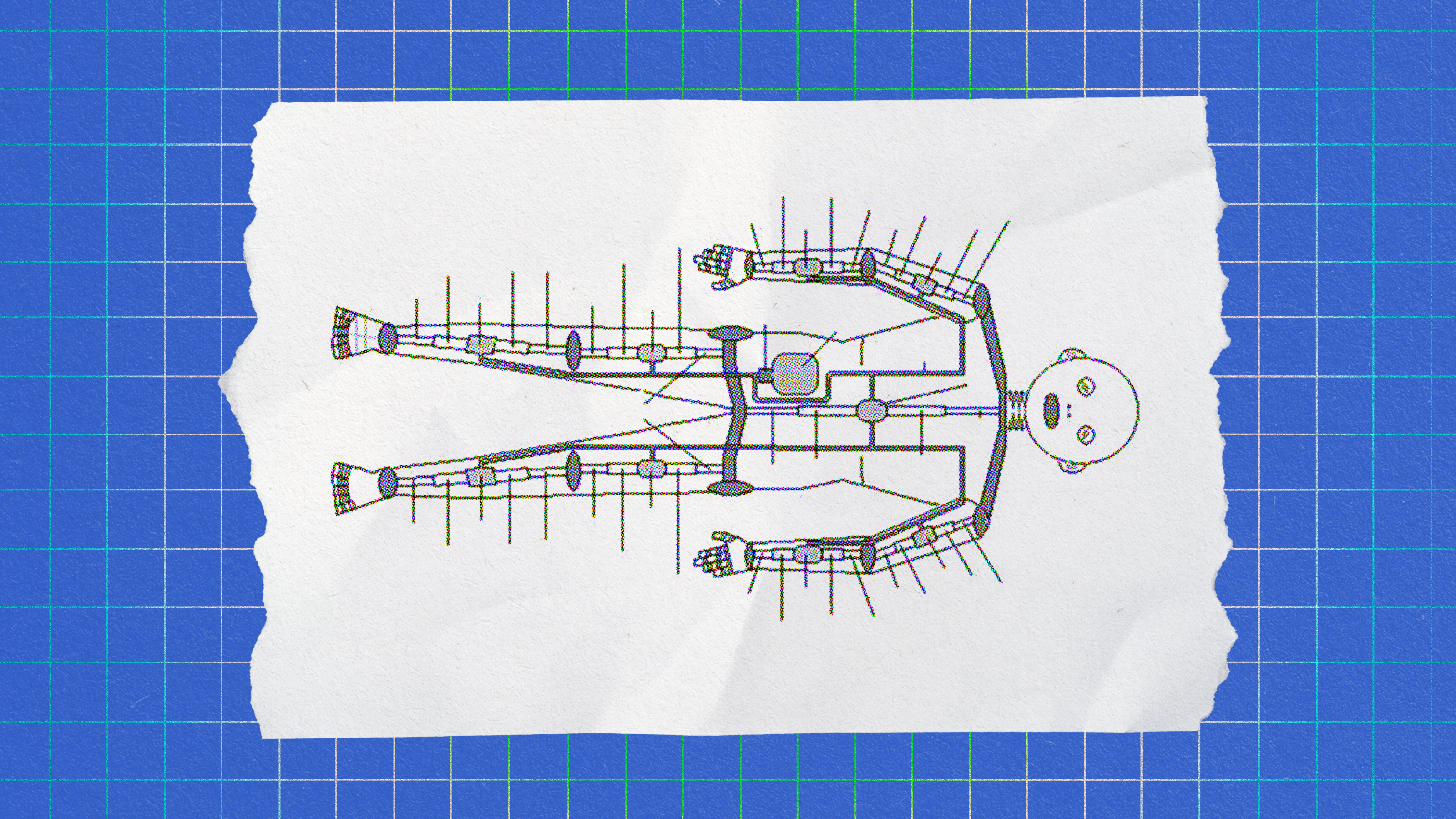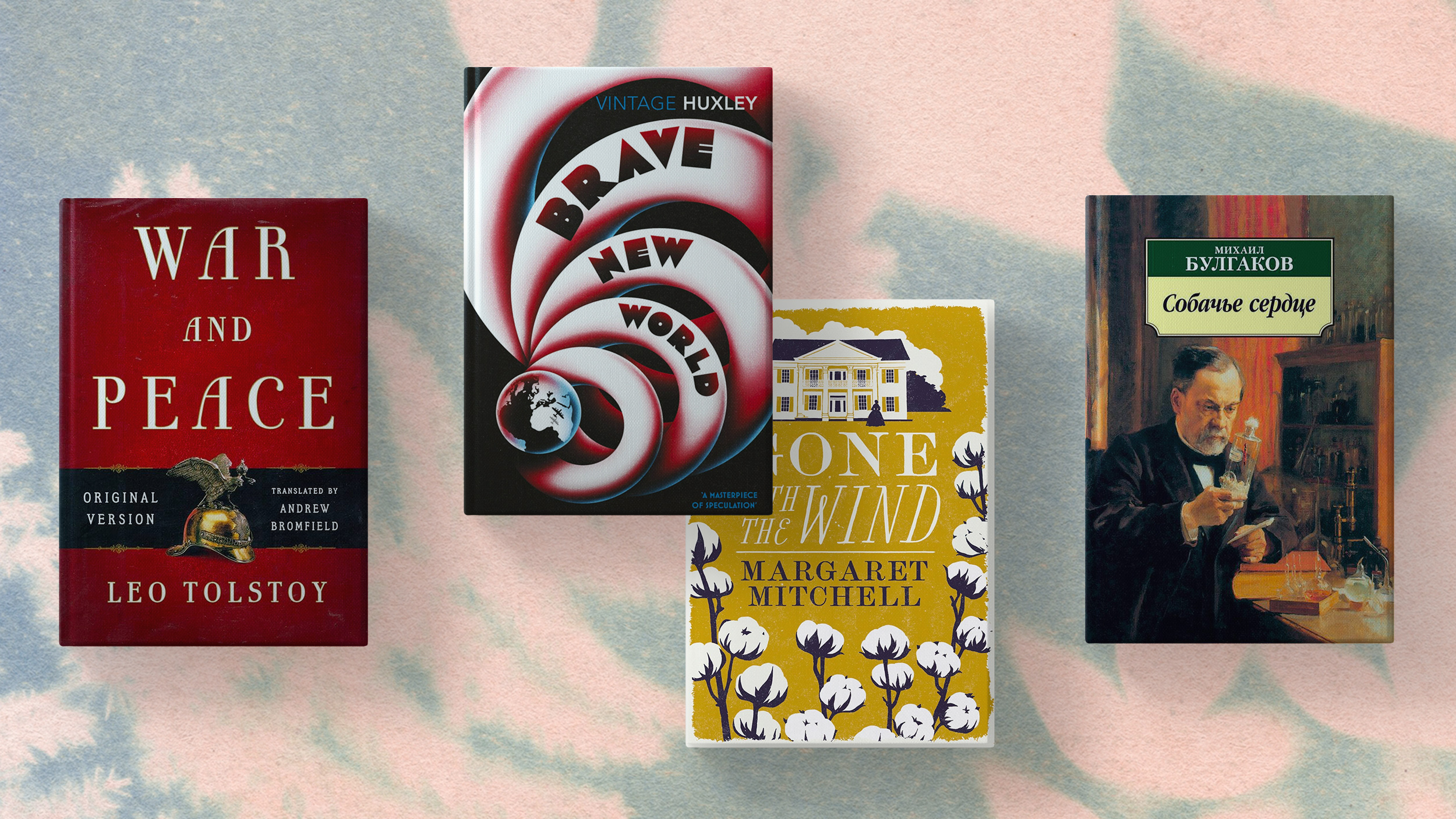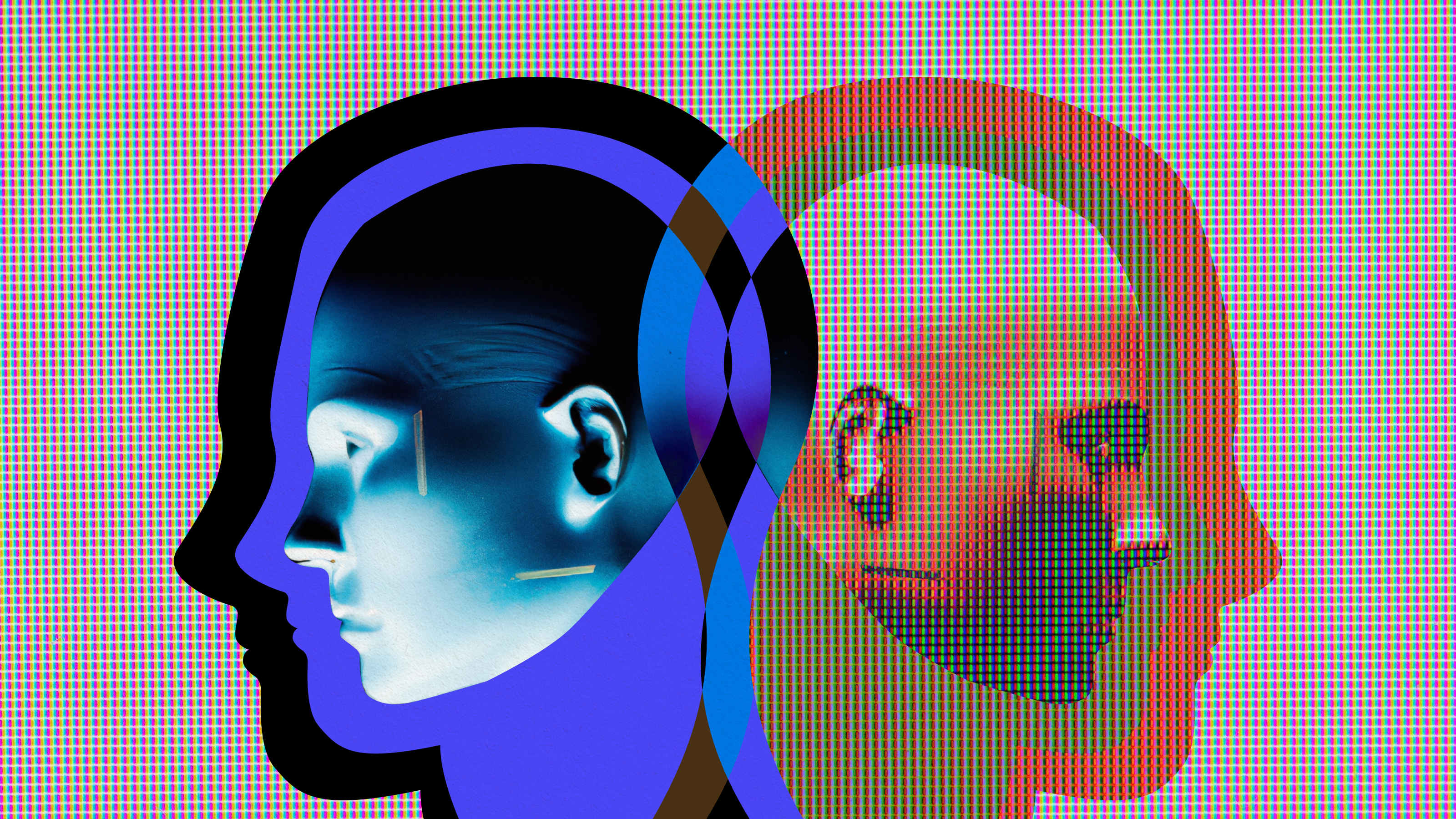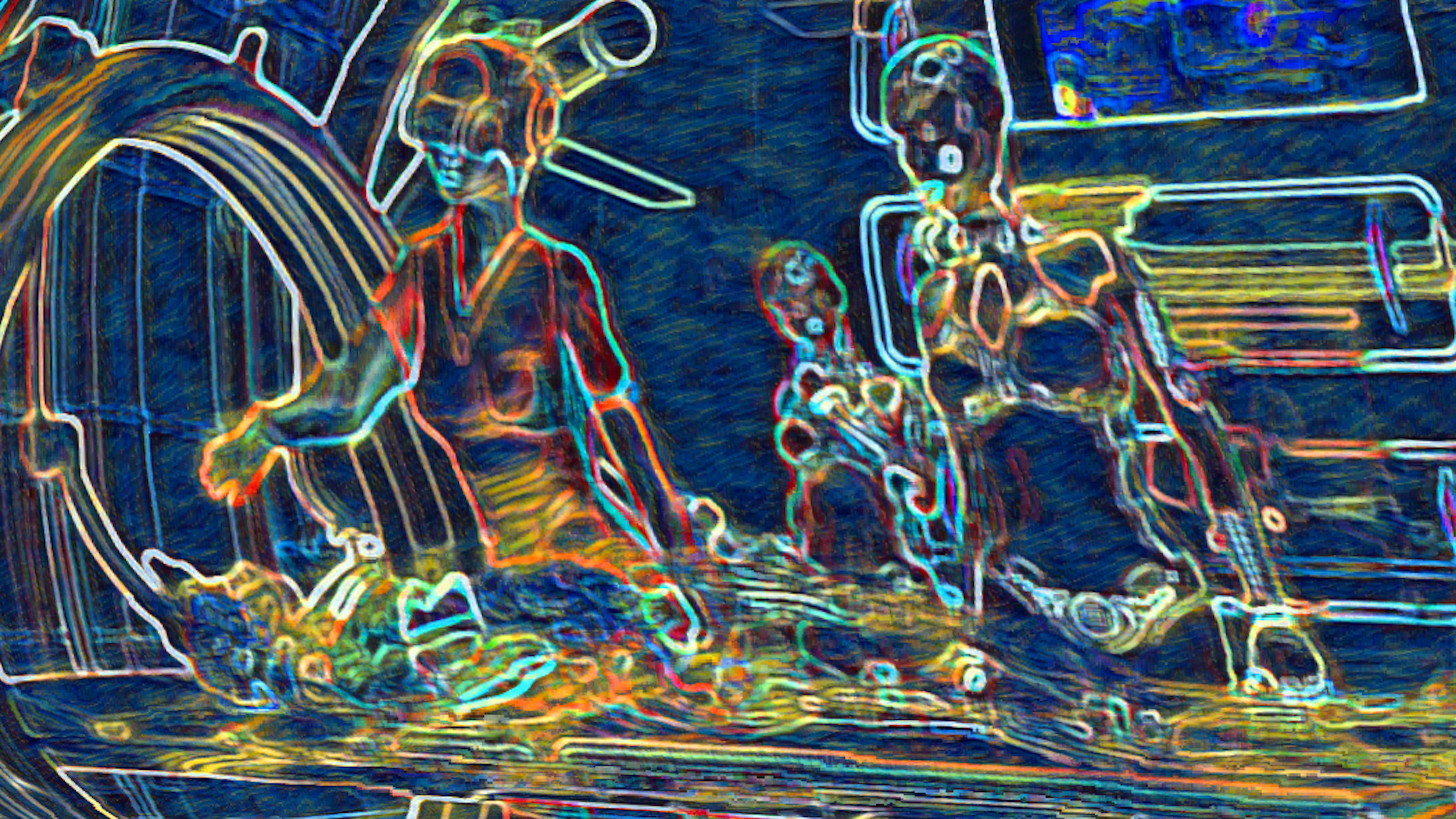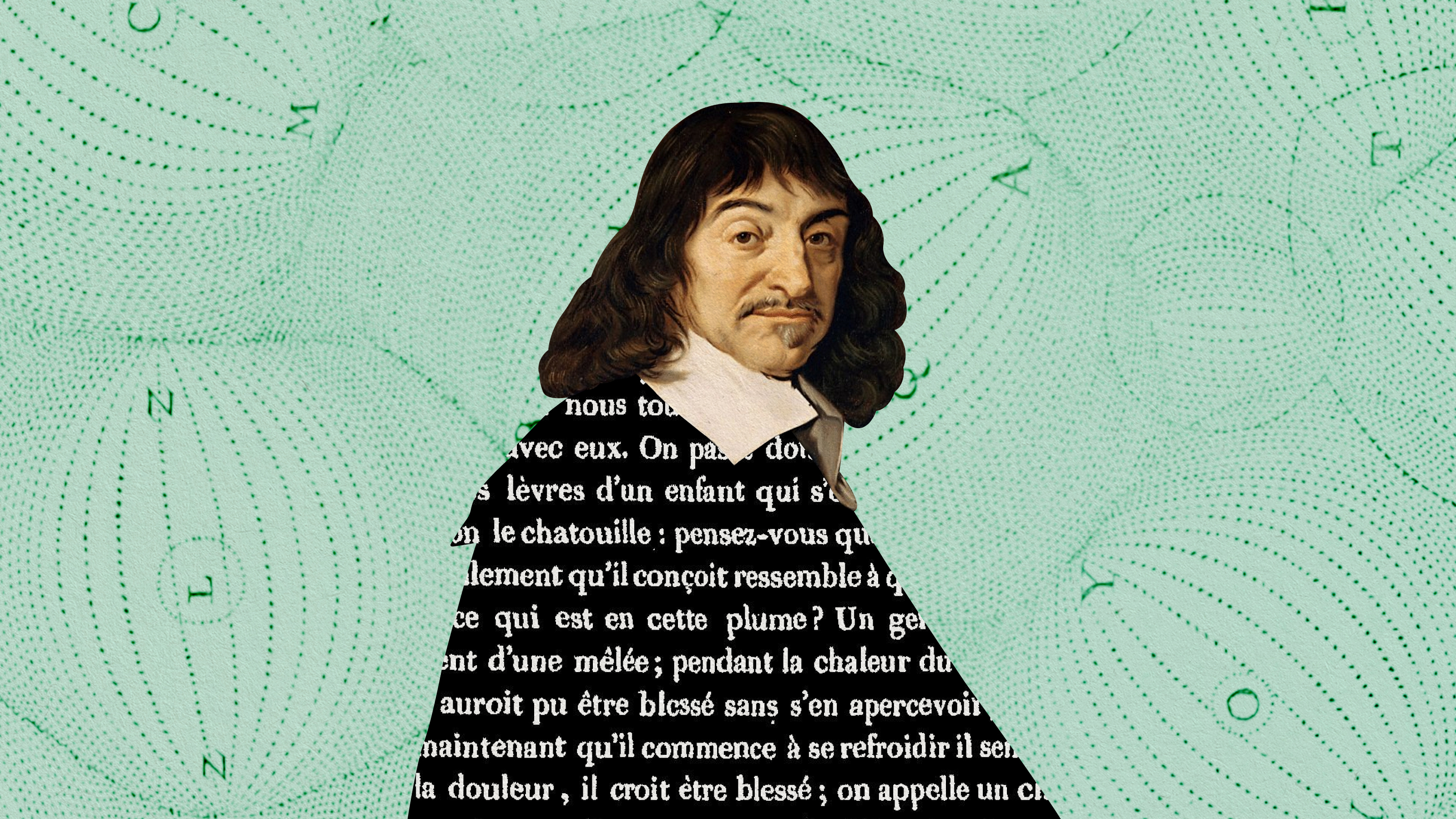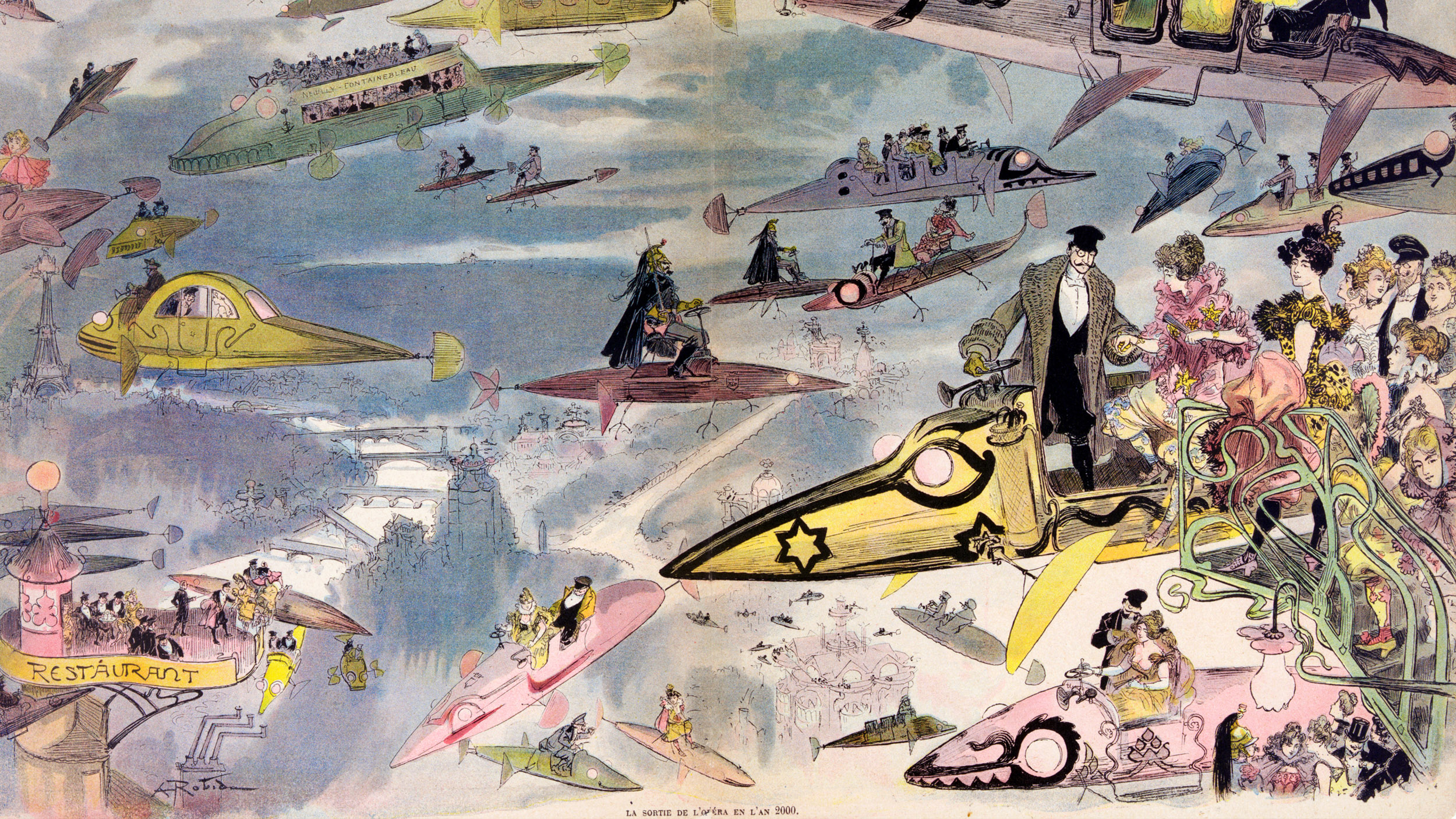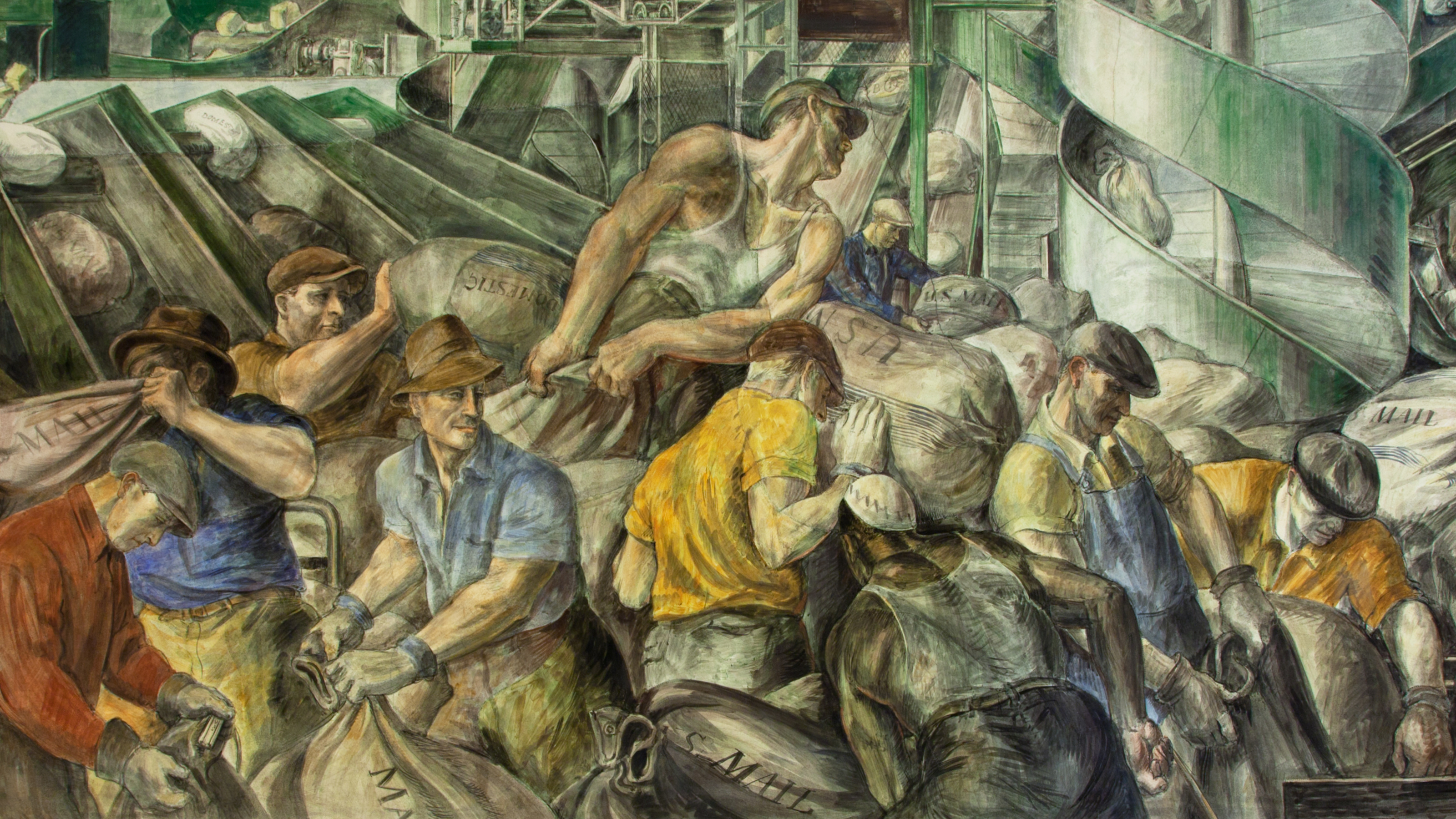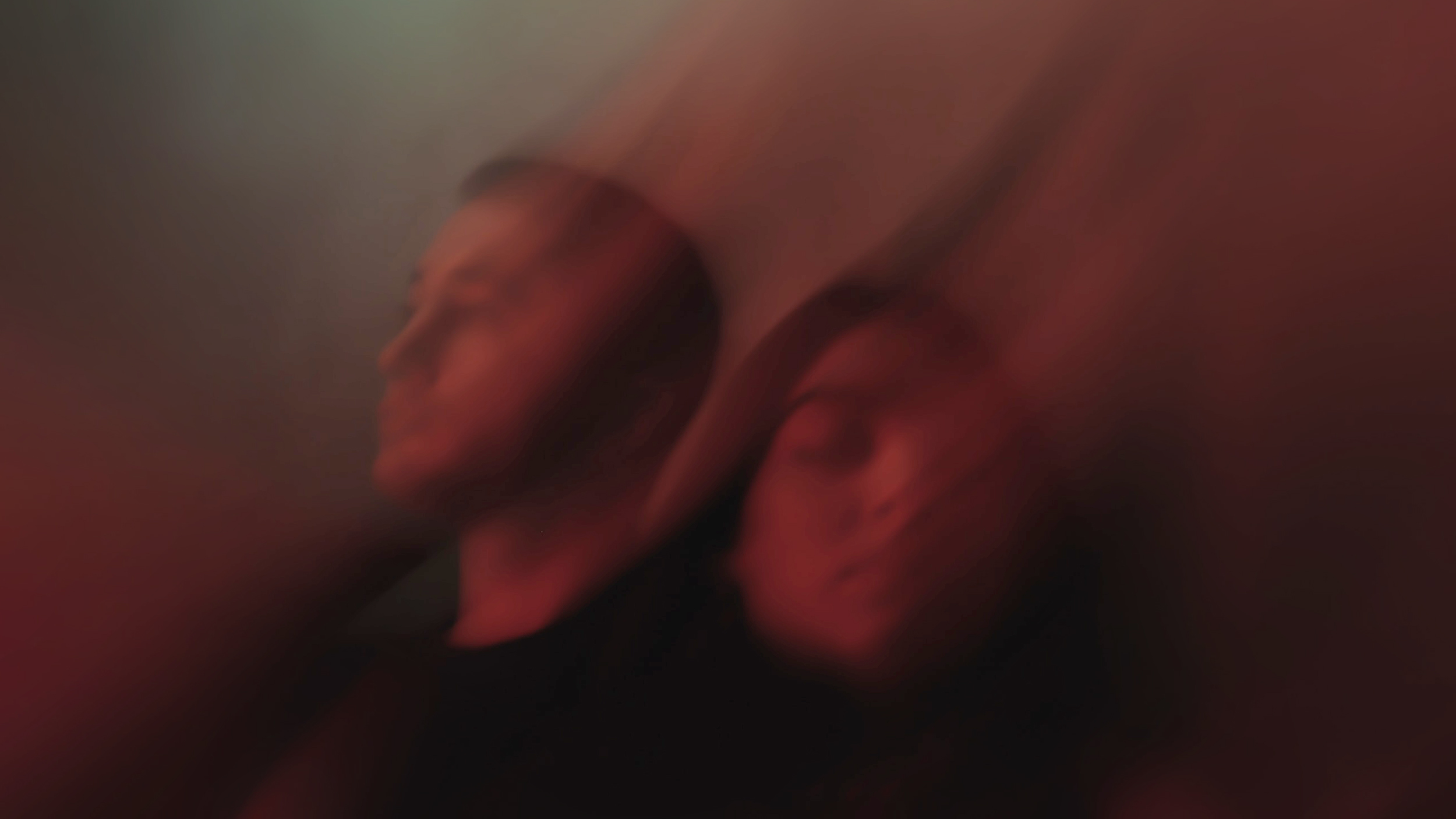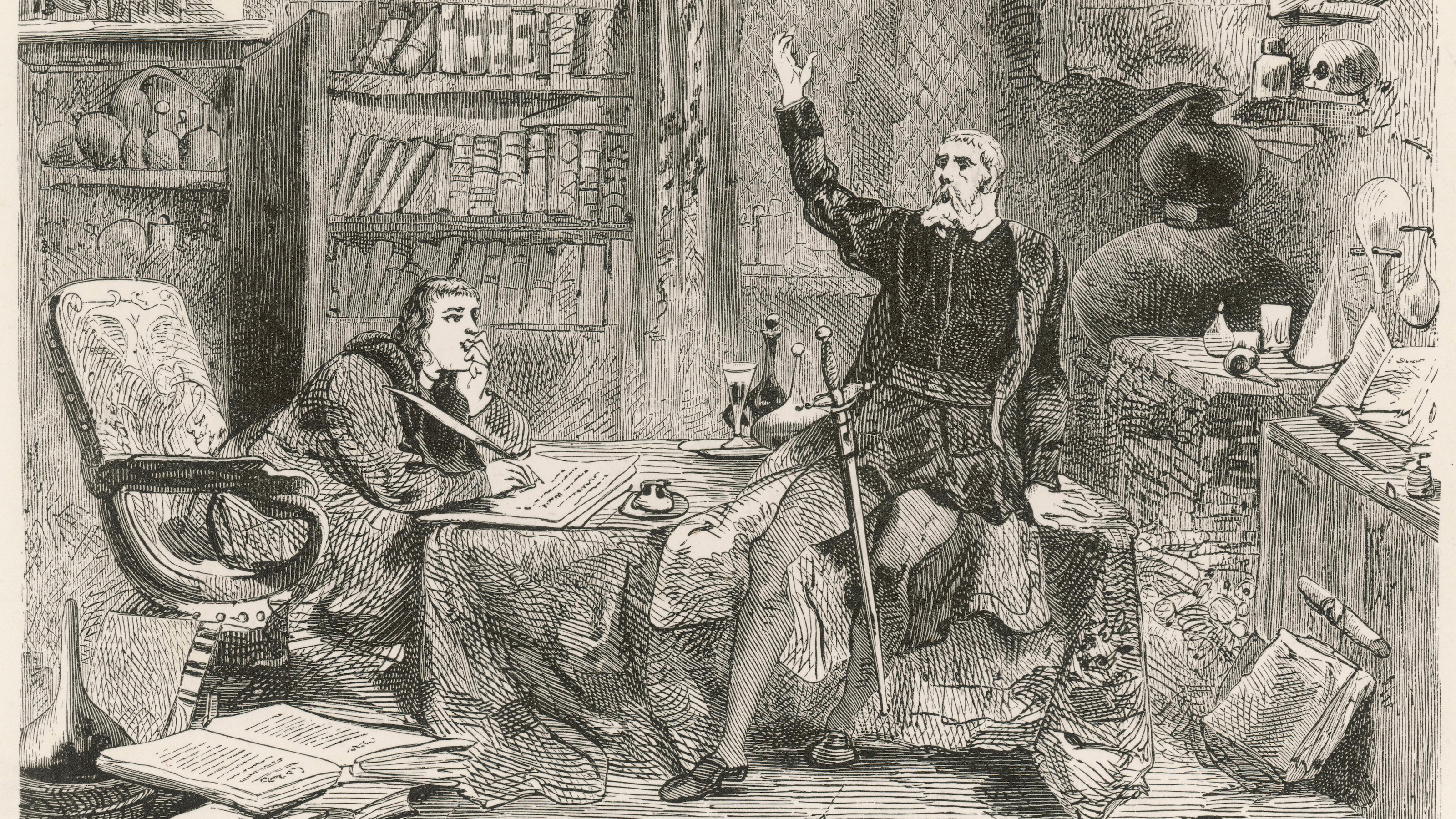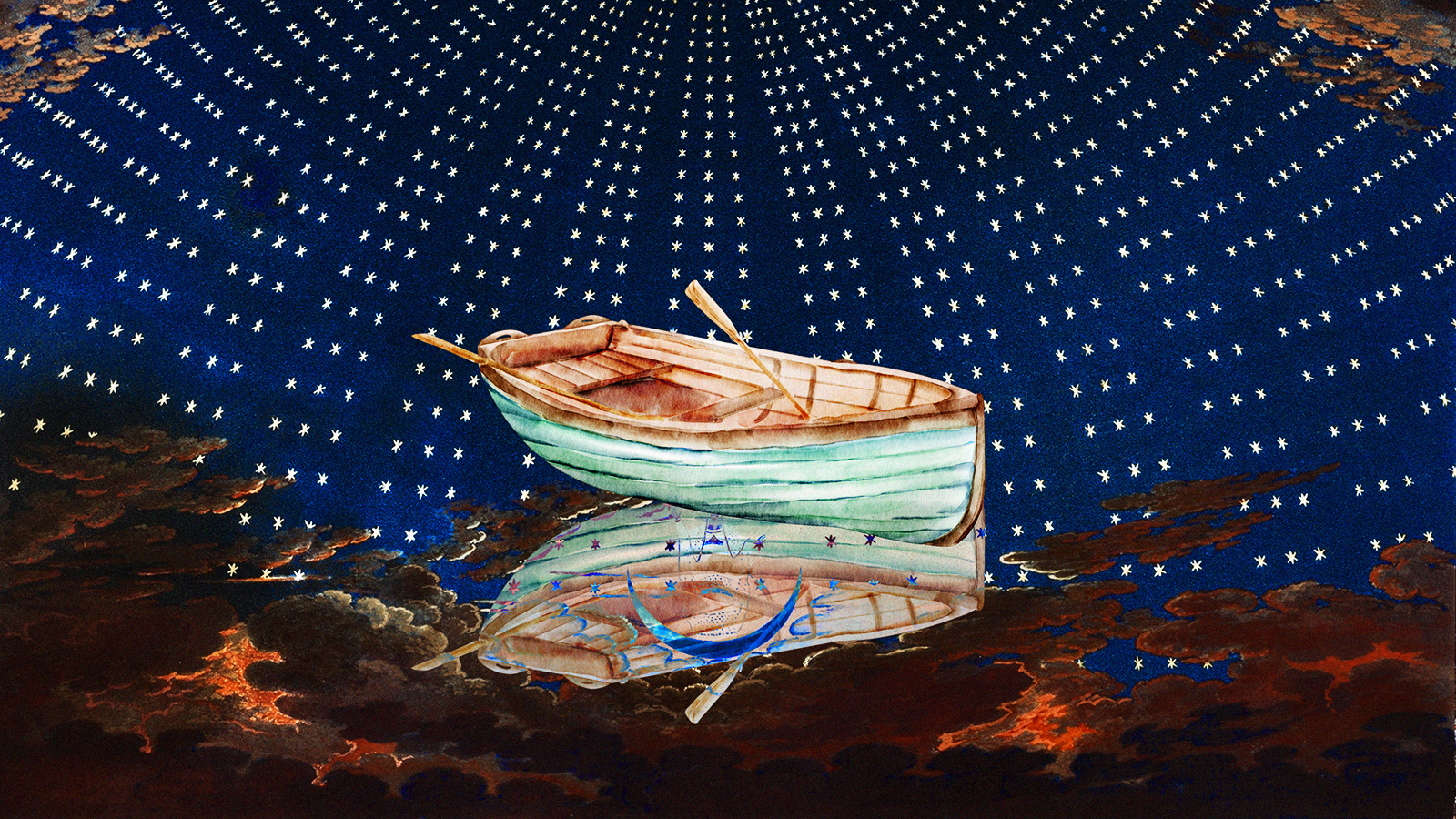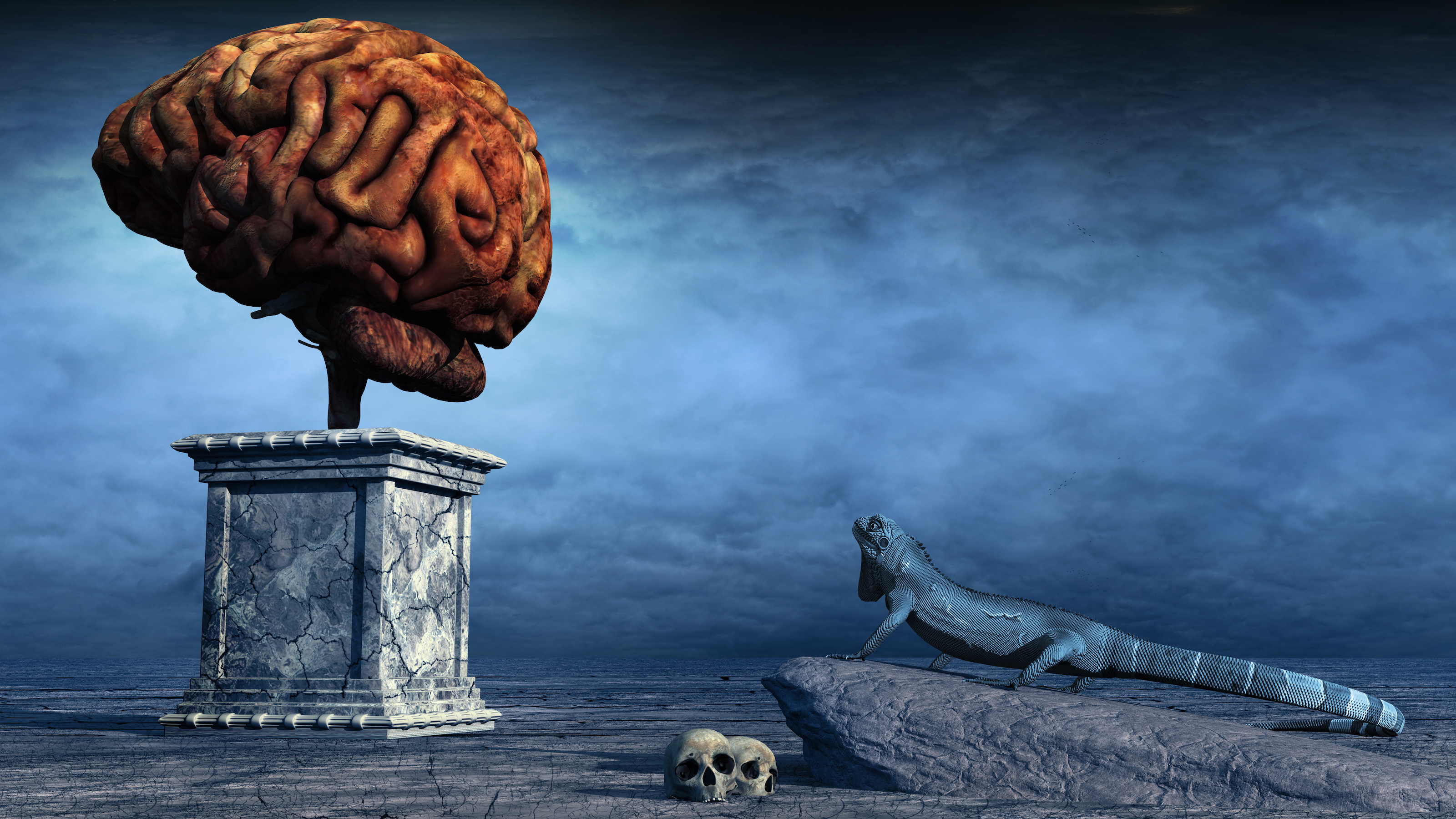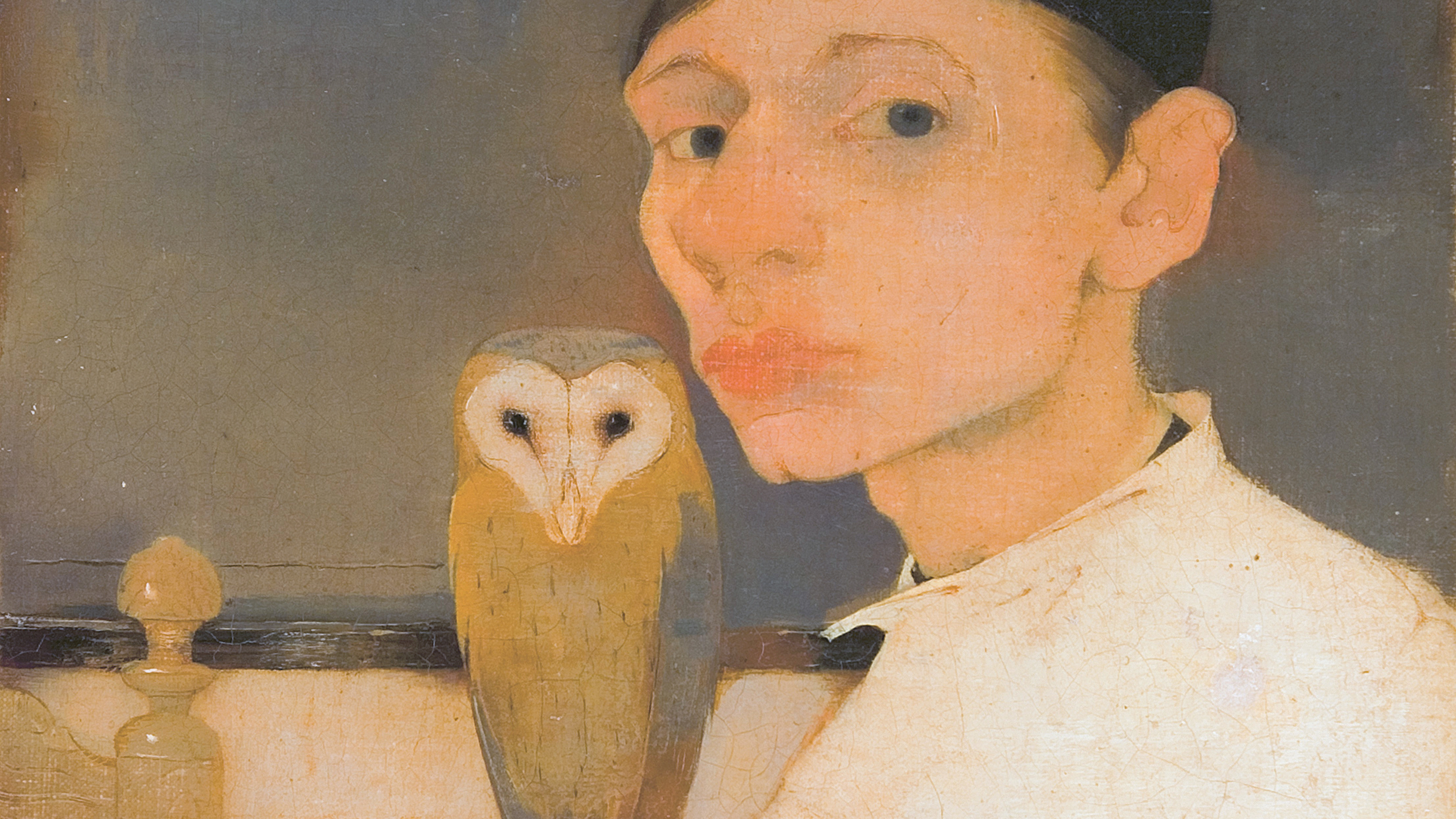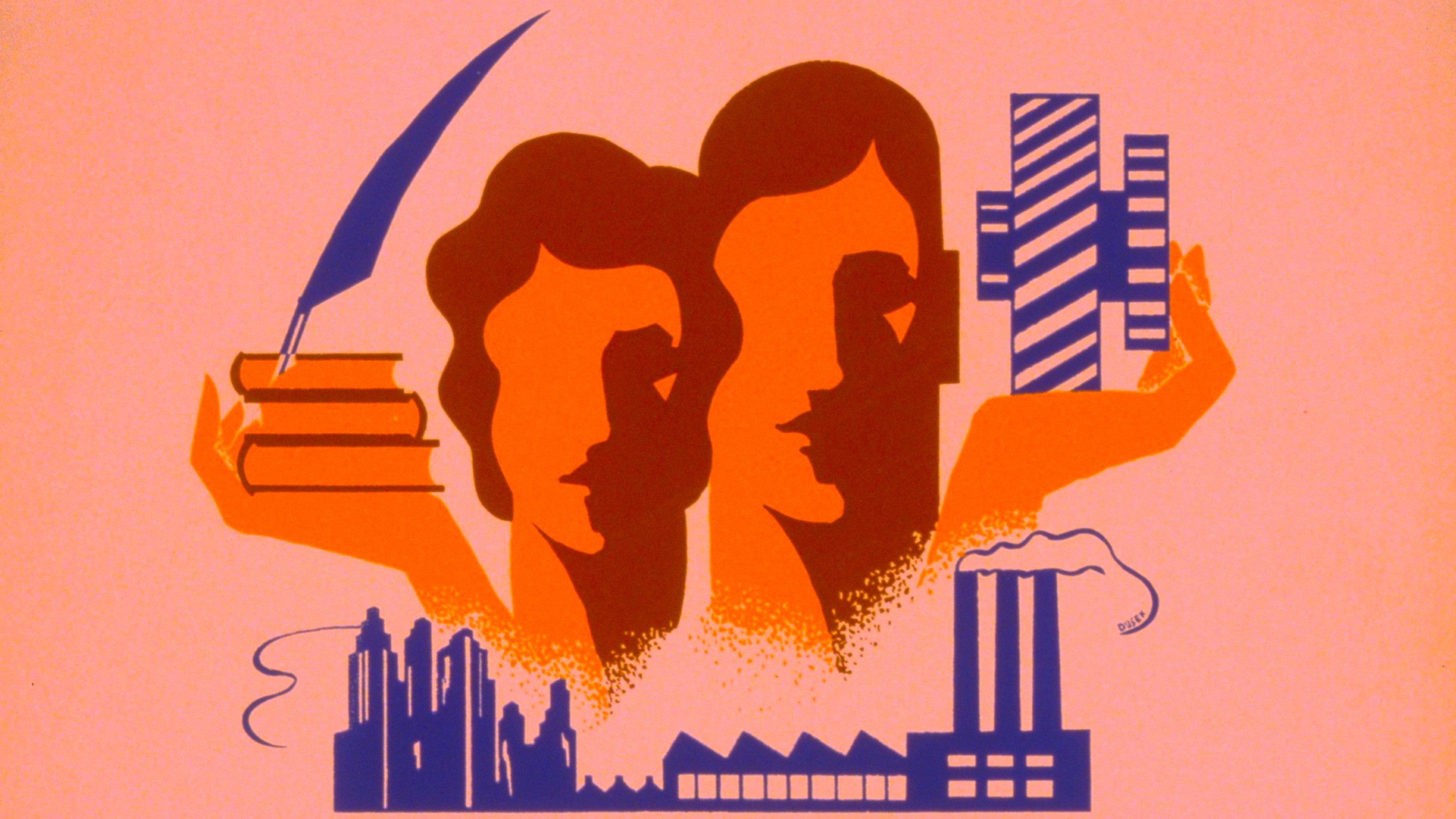books
The space‑specific neurons in the owl’s specialized auditory brain can do advanced math.
Roosevelt had become president but not in the way he wanted. Still, he understood that he had been given the rare opportunity to make history.
Despite the claims of speed reading apps, it turns out that you actually have to read the book if you want to learn from it.
If you want to write and speak well, use common words, not grandiose ones. Unless you’re Shakespeare, you’re more likely to annoy people.
Functional complex systems arise from functional simple systems. Failing to heed this advice can and will lead to disaster.
Dante’s epic journey through hell and heaven reveal how the poet felt about his own country.
We all spend way too much time worrying what other people think of us — it’s time to cut loose.
You become the main protagonist in these novels.
Due to export controls from China, the Europeans had to invent their own forms of porcelain. One type involves dead cows.
In history, every major technological advance has been used, for good and bad.
Better cognitive control over our decisions can stave off disappointment in our actions.
Take a closer look before judging a book by its title.
In many ways, we are still novices playing with toy models seeking to understand the stars.
An insect? A vermin? An unwanted animal? What in the world is Franz Kafka talking about?
The idea that consciousness emerges naturally alongside intelligence could be an anthropocentric distortion.
Dive into the twisted truths and concealed realities told by literature’s most unreliable narrators.
A new online religion is spreading misinformation and phony products.
From cosmetic procedures to heart operations, the introduction of AI will create an ethical minefield.
There may be more energy in methane hydrates than in all the world’s oil, coal, and gas combined. It could be the perfect “bridge fuel” to a clean energy future.
Descartes broke from the European philosophers who preceded him and devised a new way of considering humanity and the world.
We will have a better shot at improving our lives once we come to understand, know, and love the people we will one day become.
In an age of high quit rates, struggling low-wage employees, and tone-deaf leadership, the call for “good jobs” makes great sense.
The meaning of the cryptic text has eluded scholars for centuries. Their latest efforts include computational analyses seeking new insights into the medieval enigma.
Neuroscientists and artists alike are making the case that we could transform the world through psychedelics.
A new book by historian and author Paul Strathern argues that the Northern European Renaissance has long been overlooked.
Spiritual experiences can be explained in terms of a highly evolved brain. But they also can be extremely meaningful.
For the clarity of a “beginner’s mind” and a path to true and lasting wisdom, one must fully embrace “not-knowing.”
Diogenes engaged in shocking behavior to demonstrate the contradictions, small-mindedness, and sheer absurdity of prevailing social conventions.
Our brains are hardwired to find fault. The best managers don’t let this steer how they interact with their team.
